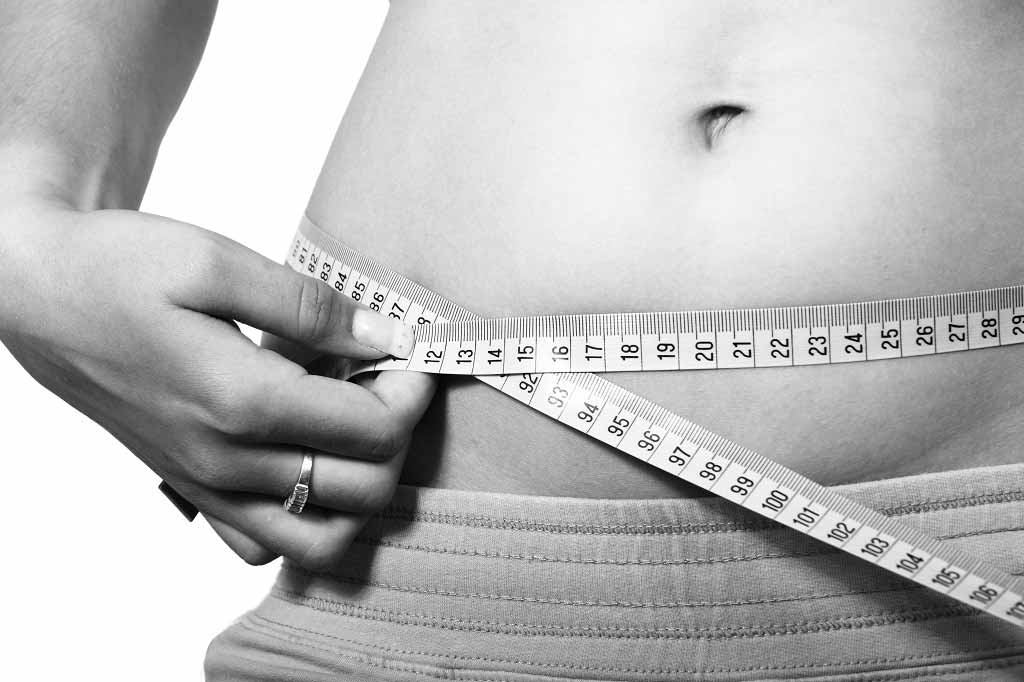High blood pressure: does it lead to diabetes?
Obesity
"Study gives strongest link yet between blood pressure and diabetes," says The Guardian. At first glance these might be considered two unconnected conditions, but research over the years has led to diabetes being...
"Study gives strongest link yet between blood pressure and diabetes," says The Guardian. At first glance these might be considered two unconnected conditions, but research over the years has led to diabetes being classified as a risk factor for cardiovascular disease.
Researchers looked at data on more than 4 million people in the UK who were free of any vascular disease or diabetes. They then analysed these people's medical records for around seven years and recorded new cases of diabetes and changes in blood pressure.
People with high blood pressure were found to have around a 50% increased risk of developing type 2 diabetes. The researchers then backed up their findings by looking at previous research and found a risk of more than 70%.
While these types of studies can't prove increased blood pressure causes diabetes, they lend weight to the advice to take steps to lower your blood pressure if it's high to reduce your risk of diabetes.
Read our advice on how to look after your heart and circulation.
Where did the story come from?
The study was carried out by researchers from the University of Oxford and was funded by the UK National Institute for Health Research.
It was published in the peer-reviewed Journal of the American College of Cardiology.
This story has been reported widely in the media. Both The Guardian and The Independent have responsibly provided quotes from one of the researchers, who explained the findings tell us a link exists, but we don't know whether high blood pressure is a cause of diabetes or whether it's a risk factor.
What kind of research was this?
This was a large cohort study and systematic review with meta-analysis to determine whether there is an association between blood pressure and type 2 diabetes.
While the cohort study cannot prove causation, it does provide a link to be investigated further. Combined with a meta-analysis of previously reported studies, we can see if the findings are in agreement.
What did the research involve?
Researchers collected data from the UK Clinical Practice Research Datalink (CPRD) of 4.1 million people who had a blood pressure measurement recorded in the previous year.
The researchers included people who were aged between 30 and 90 years and were free of any form of vascular disease or diabetes.
Baseline measurements were recorded for:
- body mass index (BMI)
- cholesterol (total and high-density lipoprotein)
- smoking status
The main outcome measures were a diagnosis of diabetes or the prescription of diabetic medication.
A meta-analysis was carried out using prospective observational studies assessing the link between blood pressure and risk of diabetes. The medical database Medline was searched to identify relevant reports.
Studies were only included if they had:
- at last one year of follow-up
- looked at the risk associated with a higher systolic blood pressure of 20mmHg
- adjusted the findings for sex, age and BMI
Data was combined to assess the risk of diabetes, with separate analyses performed to investigate differences because of gender, BMI and age.
What were the basic results?
The cohort study included 4.1 million adults (median age 46) who were free of diabetes and cardiovascular disease at the start of the study.
These adults were an average of 46 years old (median), had a BMI slightly above the healthy range (median 25.7), and were followed up for around seven years. There were 186,698 new cases of diabetes during the study period.
Analysis of the data found raised systolic blood pressure of 20mmHg increased the risk of diabetes by 58% (hazard ratio (HR) 1.58; 95% confidence interval (CI) 1.56 to 1.59) and a higher diastolic blood pressure of 10mmHg was associated with a 52% higher risk of diabetes (HR 1.52; 95% CI 1.51 to 1.54). There was a weaker association between blood pressure and diabetes observed with increased age and BMI.
The literature search identified 30 relevant studies, including 285,664 participants and 17,388 new cases of diabetes. Pooling and analysis of the data found a 77% increased risk of diabetes for a 20mmHg higher usual systolic blood pressure (relative risk (RR) 1.77, 95% CI 1.53 to 2.05).
How did the researchers interpret the results?
The researchers concluded that, "People with elevated [blood pressure] are at increased risk of diabetes. The strength of the association declined with increasing body mass index and age. Further research should determine if the observed risk is modifiable."
Conclusion
A large-scale cohort study and meta-analysis has assessed the link between increased blood pressure and risk of type 2 diabetes, and found an increase of 20mmHg systolic blood pressure raised the risk of type 2 diabetes by 58%. It also found a higher diastolic blood pressure of 10mmHg was associated with a 52% increased risk of type 2 diabetes.
These findings were confirmed by the results of the meta-analysis, which found a 77% increased risk of diabetes for a 20mmHg higher than usual systolic blood pressure. This study was very large and followed the patients for a fairly long period of time, so we can be more certain of the links it makes.
However, as the authors say, there is a risk the electronic health records misclassified people's blood pressure. An interesting addition to the study would have been to analyse risk according to ethnic group.
Reducing your risk of diabetes and increased blood pressure can be done in similar ways, such as by:
- maintaining a healthy weight
- taking regular exercise
- stopping smoking
- eating a healthy diet






 Subscribe
Subscribe Ask the doctor
Ask the doctor Rate this article
Rate this article Find products
Find products





